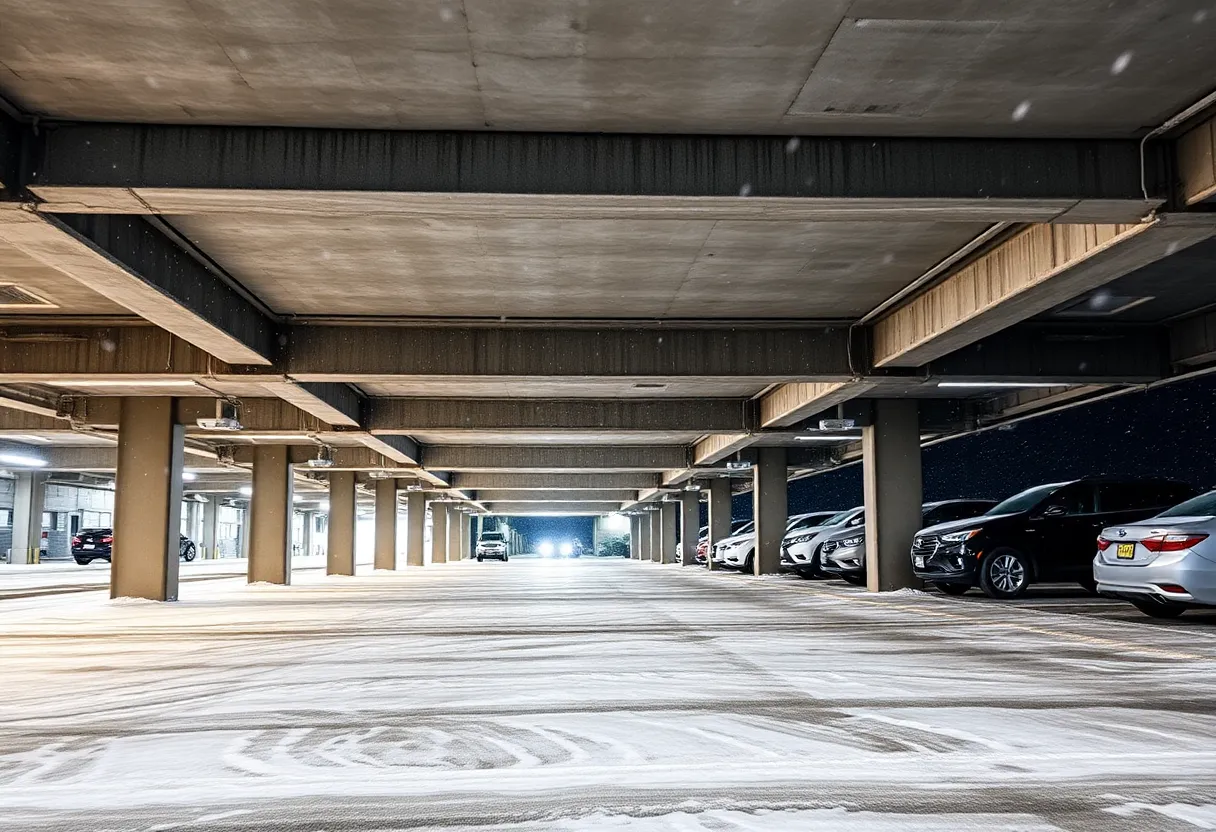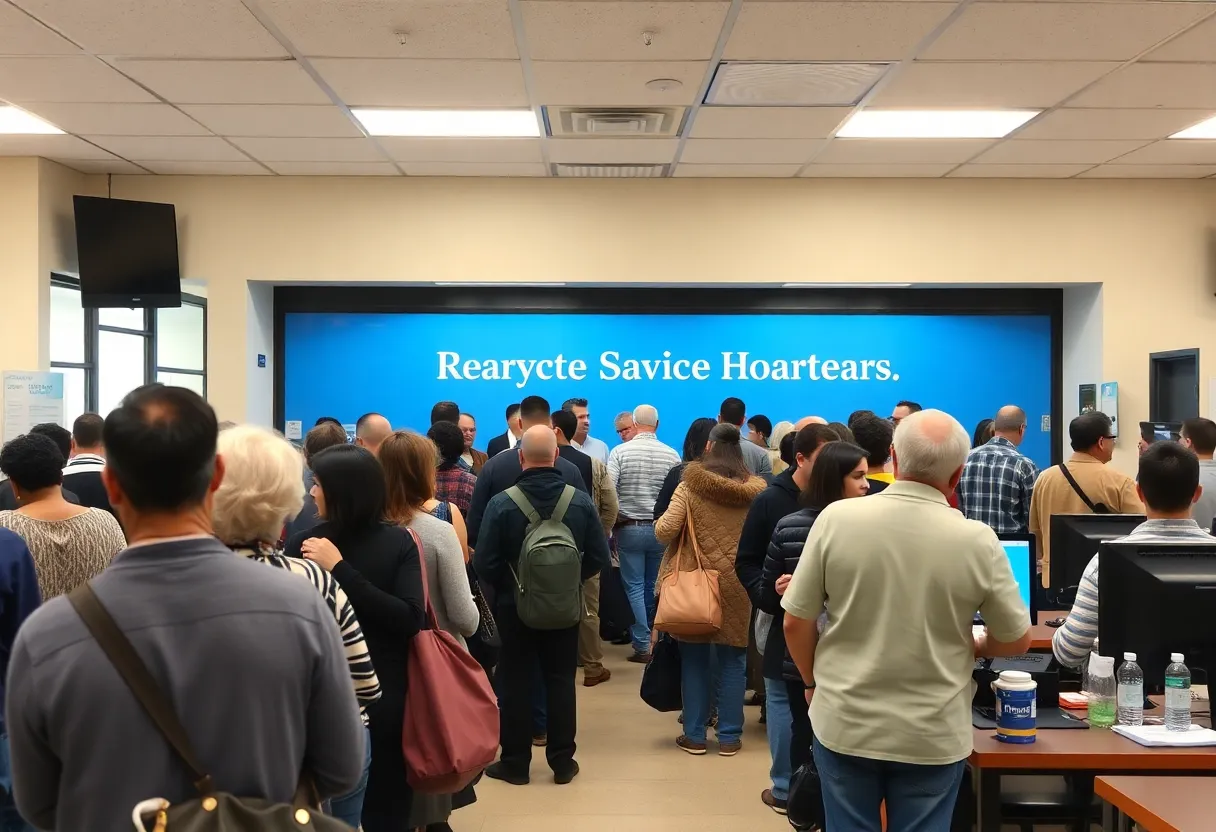The DTFC Advantage in Harsh Environmental Conditions
Harsh environmental conditions can pose significant challenges for infrastructure, particularly in the realm of parking garage solutions. The DTFC, or Durable Thermal and Flexible Concrete, is a revolutionary material designed to withstand these adversities. This article delves into the numerous benefits of DTFC, its application in parking garages, and its effectiveness in adverse environments.
Understanding DTFC
DTFC is engineered to provide enhanced durability and flexibility compared to traditional concrete. These properties are essential when structures must endure extreme weather conditions, ranging from severe sub-zero temperatures to intense heat, along with high moisture levels.
Key Properties of DTFC
- Durability: DTFC is formulated with additives that improve its resistance to cracking, scaling, and weathering.
- Flexibility: The material’s inherent flexibility allows it to expand and contract without losing structural integrity.
- Thermal Resistance: The insulation properties of DTFC enable it to maintain stability, even in extreme temperature fluctuations.
Challenges of Harsh Conditions on Parking Garages
Parking garages are often subjected to harsh conditions that can lead to premature deterioration. Common issues include:
Chemical Exposure
The presence of de-icing salts, oil spills, and other chemicals can erode conventional concrete. This can lead to rapid degradation and costly repairs, particularly in colder climates where road salt is frequently used.
Temperature Extremes
High temperatures can cause thermal expansion, leading to cracking. Conversely, low temperatures can introduce freeze-thaw cycles that compromise the integrity of standard concrete.
Moisture Infiltration
Water exposure can lead to corrosion of rebar, spalling, and other forms of deterioration. Parking garages that lack proper drainage are particularly vulnerable to these issues.
The DTFC Solution
In response to these challenges, DTFC provides a comprehensive solution for parking garage design and construction.
Enhanced Longevity
DTFC’s superior composition allows it to resist the damaging effects of chemical exposure, ensuring that parking garages remain in service longer without significant maintenance.
Resistance to Thermal Shock
With its ability to absorb and dissipate stress from temperature changes, DTFC significantly reduces the risk of structural failure due to thermal shock. This is particularly important in regions that experience significant temperature variations.
Water Management
DTFC is constructed to be water-resistant, preventing moisture infiltration that leads to long-term damage. Its design and materials minimize water retention, effectively managing drainage issues within parking garages.
Comparative Analysis with Traditional Concrete
To better illustrate the advantages of DTFC, a comparison with traditional concrete shows its efficacy in tackling issues related to harsh conditions.
Durability Comparison
Traditional concrete may begin to degrade within a few years in harsh environments. DTFC, conversely, can withstand similar conditions for decades thanks to its enhanced formulation.
Cost Efficiency over Time
Initially, DTFC may present a higher upfront cost compared to standard concrete. However, the longevity and reduced maintenance needs can lead to significant savings over the lifetime of a parking garage.
Environmental Impact
DTFC’s resilience means less frequent repairs and replacements, ultimately contributing to a decreased environmental impact. Fewer materials need to be used over time, resulting in reduced overall carbon emissions.
Case Studies: Successful Implementation of DTFC
Multiple projects across various geographic regions highlight the potential of DTFC in real-world applications.
Case Study 1: Urban Parking Structure in Northeast USA
An urban parking structure located in a region known for its harsh winters employed DTFC to combat the damaging effects of snow and ice. The results were remarkable, showing minimal signs of wear even after years of heavy usage.
Case Study 2: Coastal Garage Development
A coastal parking garage faced challenges from saltwater exposure and humidity. By utilizing DTFC, engineers ensured a robust construction that remained structurally sound despite the harsh marine environment. Regular inspections confirmed no substantial deterioration after five years.
Future Implications and Innovations
The future of parking garage solutions lies in the continued development of materials like DTFC. Researchers and engineers are exploring improvements in its composition, aiming to further enhance its performance in extreme conditions.
Smart Concrete Technologies
Integrating smart technologies with DTFC could lead to real-time monitoring of structural health. This would allow for proactive maintenance strategies, ensuring longevity and safety.
Geometric Innovations
Developments in design could leverage DTFC’s properties for unique shapes and configurations. This adaptability can enhance the aesthetic appeal of parking structures while augmenting their functional performance.
Conclusion
In summary, the DTFC offers a distinguished advantage in constructing parking garages designed for harsh environmental conditions. Its superior durability, flexibility, and resistance to thermal impacts make it an ideal choice for both new builds and renovations.
Choosing DTFC not only enhances the lifespan of parking structures but also represents a cost-effective choice in the long run. As the construction industry continues to evolve, the adoption of DTFC in parking garage solutions will likely become a standard practice.







